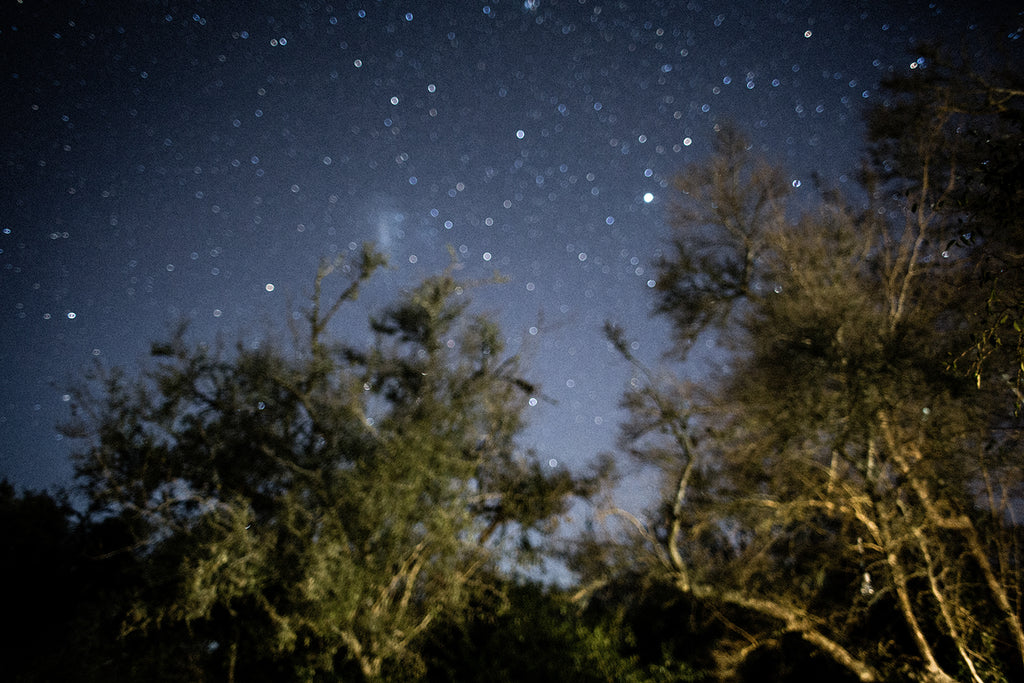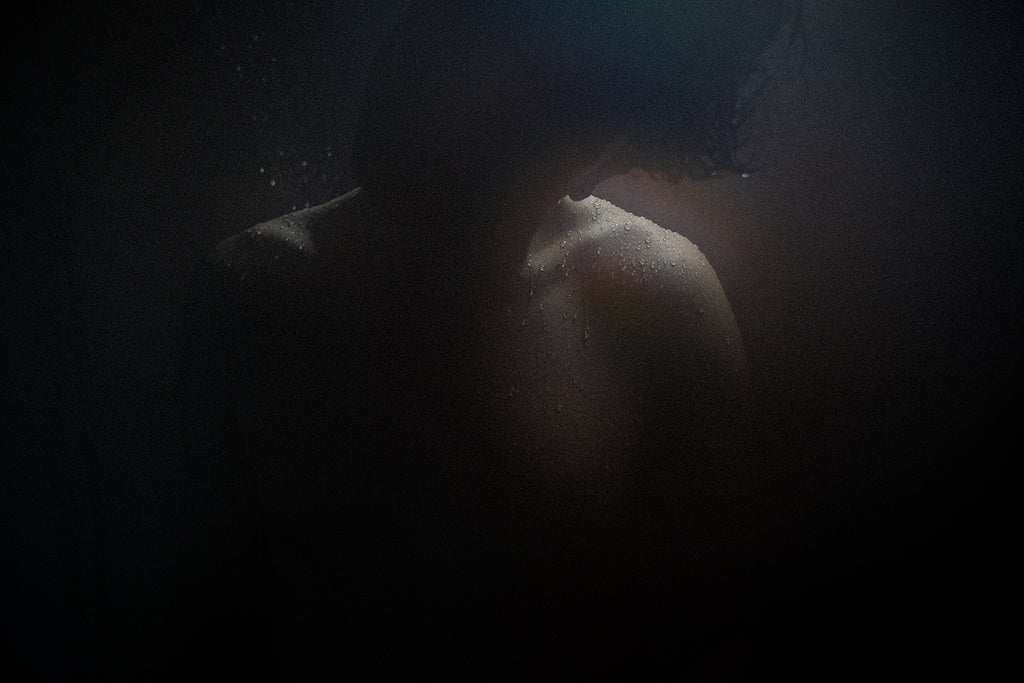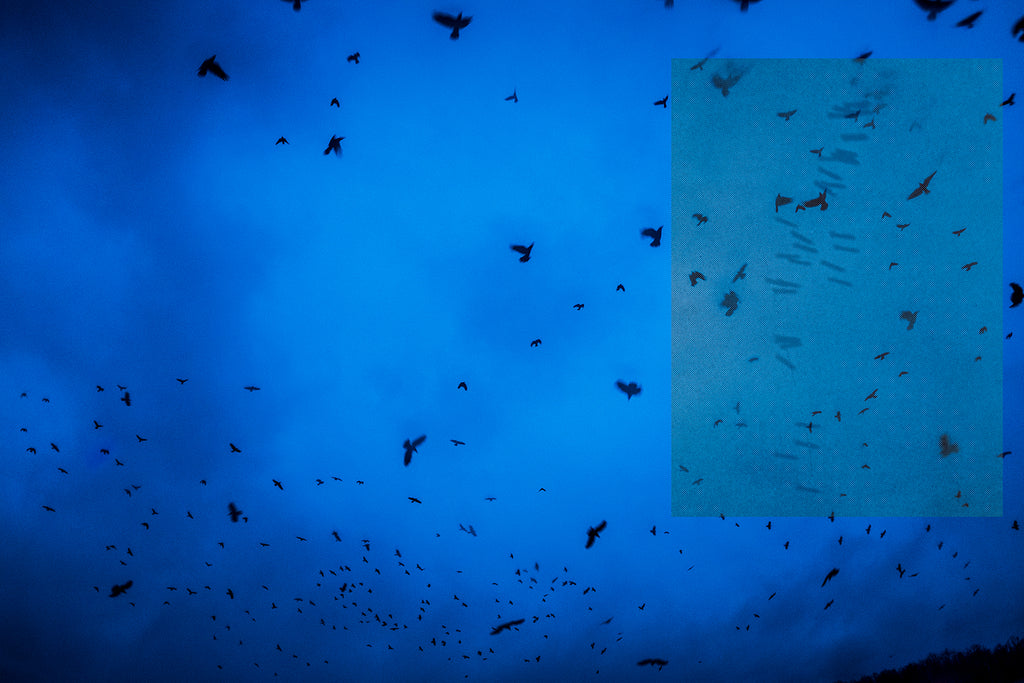Buenos Aires-based documentary photographer Sarah Pabst was the recent recipient of the Picture of the Year prize in the ‘Women in Society’ category at LATAM in 2015. Besides her personal work, Sara’s main focus centers around women and identity topics. Sarah’s photography has also been featured in Juxtapoz Magazine, Profifoto and Zeit Online, amongst others.
We asked Sarah to walk us through her “Profolio” – and here of some of her favorite shots…

Photo 1-3 are of my personal series Reclusive (2013-2015). Reclusive is an intimate diary about my relationship with my now husband which was troubled in the beginning.
Sky in Argentina
I live 12000 km away from my native country. The sky and star constellations are different in South America but at the same time it feels as if distance gets smaller when you look up.

A portrait of Blas, my husband. I studied painting and photography, light and darkness are of great importance to me. I like it when photography crosses the border to of what seems real.

A self portrait I took during a workshop with Antoine d'Agata which was a great experience and important turning point in my photography. He forced us to face our inner demons and to dig deeper into what is happening with yourself and why you photograph what you photograph.

Photo 4-5 are of my ongoing project Zukunft (future) that I started in 2015 on my family, memories and World War II.
Dad in white Shirt is an analogue portrait of my father. In this project I use different cameras as I like the slowness and textures of analogue photography. The 6x9 camera I use only takes 8 photos per 120mm film, so you have to carefully plan your take. I love this portrait of him but he doesn't like it very much.

This photo also forms part of Zukunft. Birds in the sky layered with a photo of falling bombs from World War II. I cut the photo of the bombs out of a book I found on the streets of Buenos Aires.

Photo 6 and 7 are of La Salada Project (2013), an interdisciplinary project together with Matias Dewey, Argentinean sociologist from the Max Planck Institute in Cologne, Germany. The neo-liberal era of the 90s in Argentina has not only led to street protests of the Argentine society: The Salada is another response to the crisis, being one of the largest illegal markets worldwide.
Jorge is a so called "carrero", a cart-puller. He brings merchandise to and from the stalls.

Buyers and sellers carry products over an old train bridge above the Riachuelo, Argentina's most polluted river in the surrounding of the Salada.

Photo 8 and 9 are of the project La Ultima Mirada (2014) which deals with "Hydroaysen", the planned and now rejected construction of 5 electric power plants in the chilean Patagonia, a natural paradise.
Gustavo, 12, is the youngest son of Ramón Sierra, a gaucho in the chilean Patagonia. They live close to Lake Betrand, where the Baker River has it's spring. The construction of Hydroaysen will change the environment, tranquility will be gone, new workers will come and their life change forever.

Hector Vargas and his family try to transport a cow and her calf in a boat to cross Lake Bertrand. The gauchos let the cattle during 5 days in order to bring them to other feeding grounds, sleeping outside at temperatures under 0°.


















